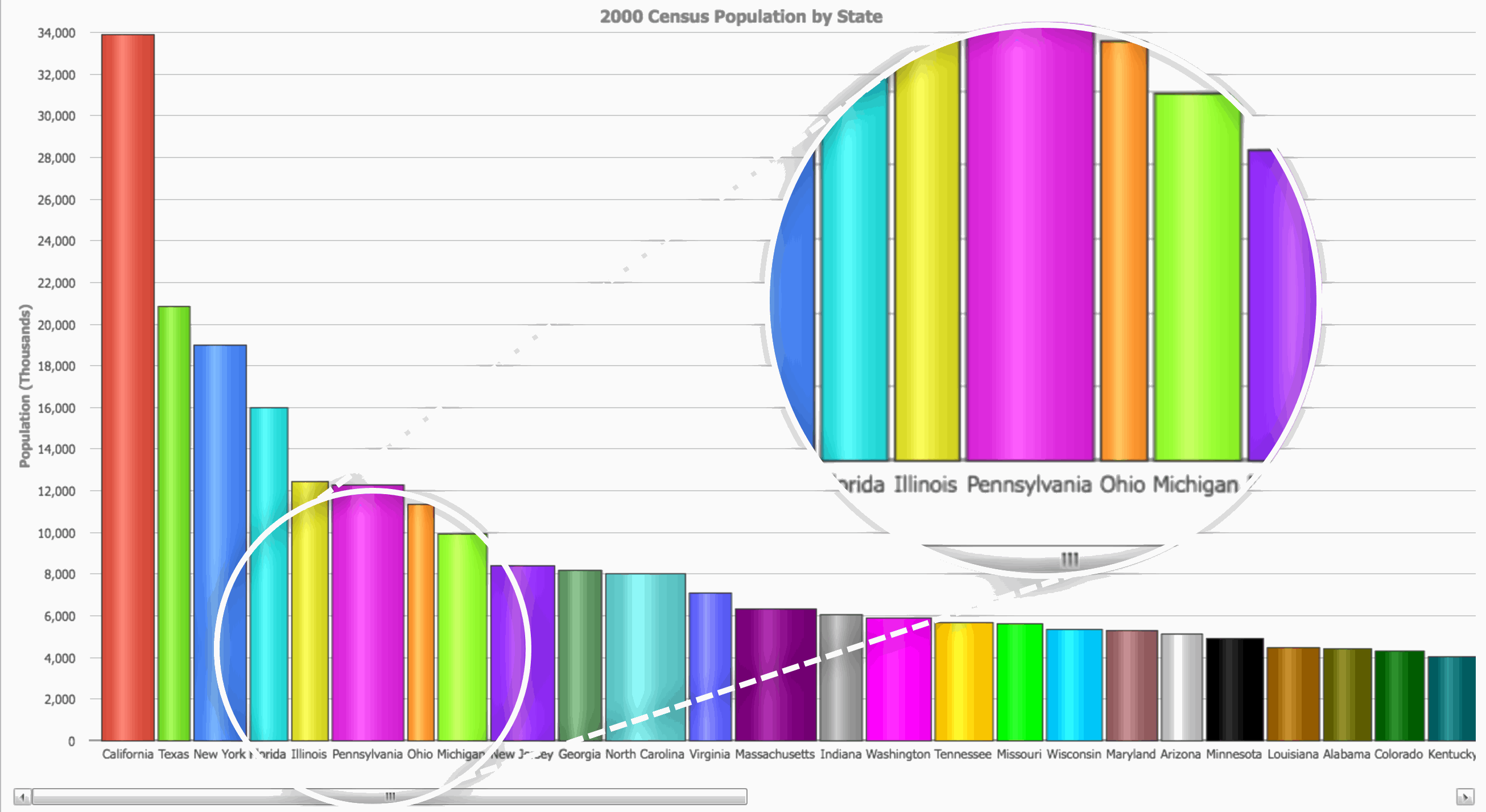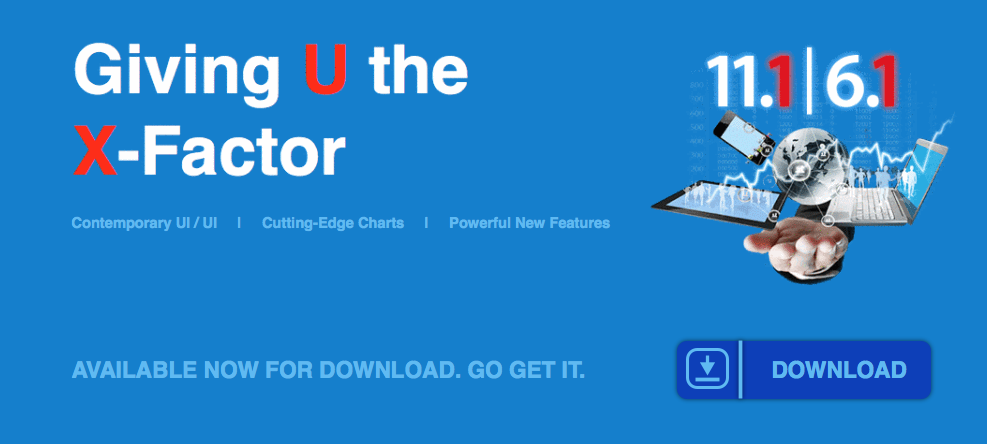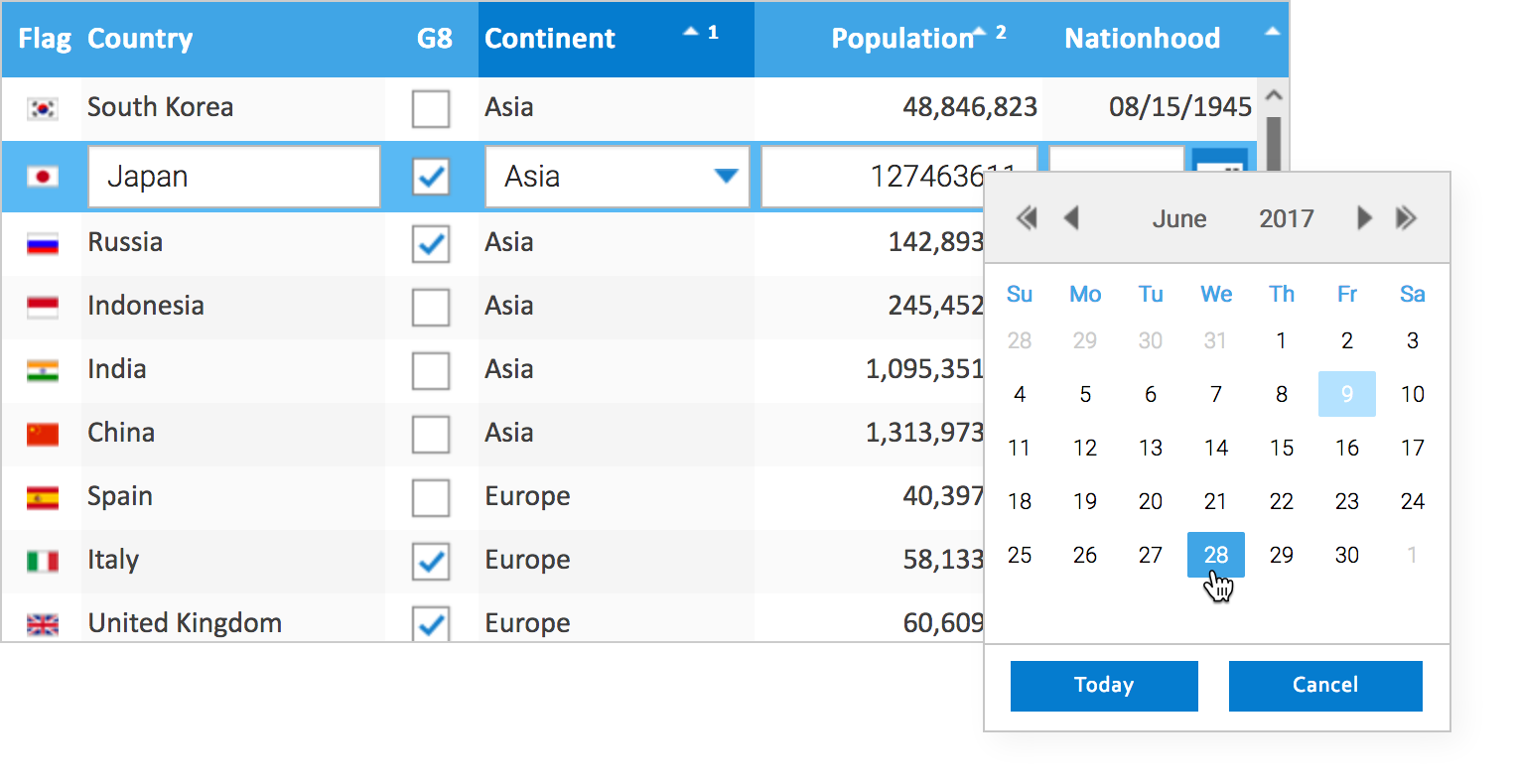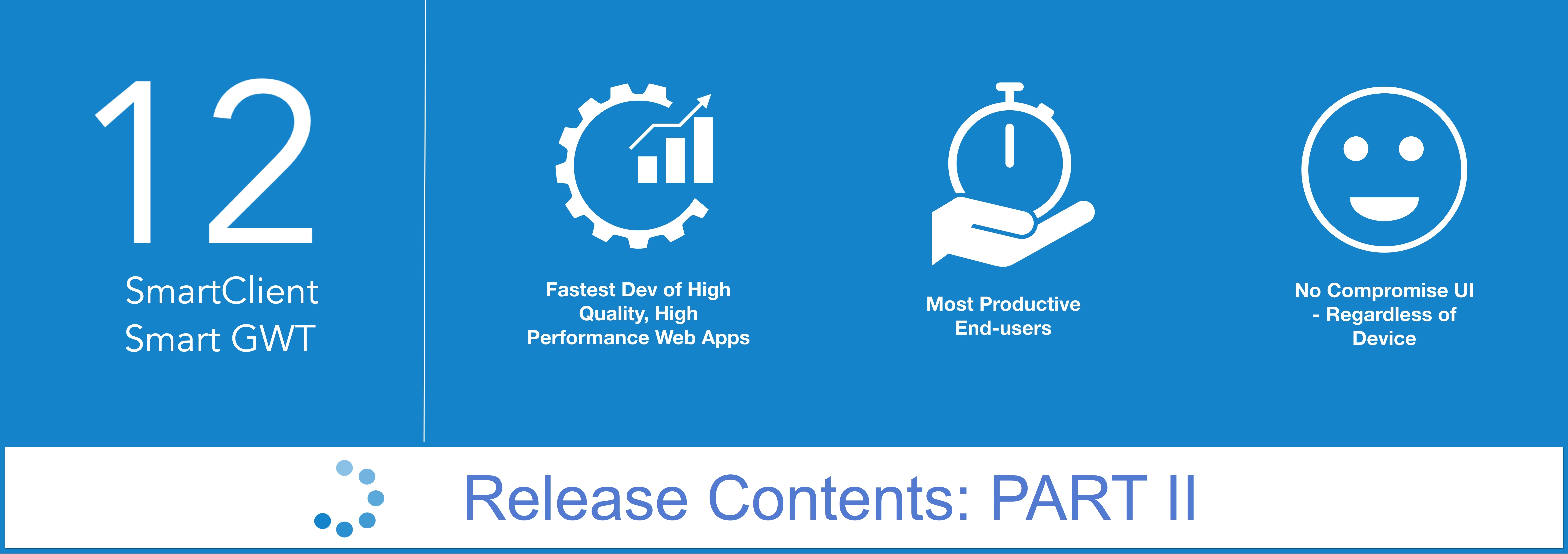
11.1 | 6.1 is very close to release. You can play with some upcoming features and experience the new ‘Tahoe‘ skin here.
In this post, we are sharing the final set of features to be included in the release. For a full list of features in 11.1 | 6.1, see these previous blogs:
Simplified REST handler
The RESTHandler servlet makes all of your server-side DataSources available via a simple REST interface, so that third party UIs (like native mobile apps) or automated systems can easily integrate with your SmartClient or SmartGWT application.
New in 11.1 | 6.1, the RESTHandler servlet now supports simpler protocols. You can  invoke DataSource operations with a simple HTTP GET request with search criteria passed as HTTP params, like:
    isomorphic/RESTHandler/countryDS?continent=Asia
All 4 CRUD operations can be executed using simple HTTP operations (GET, PUT, POST, etc) and simple HTTP parameters, making it easier for third-party systems with limited configurability to connect to DataSource operations supported by our server product.
Full tab order & modality support for custom components
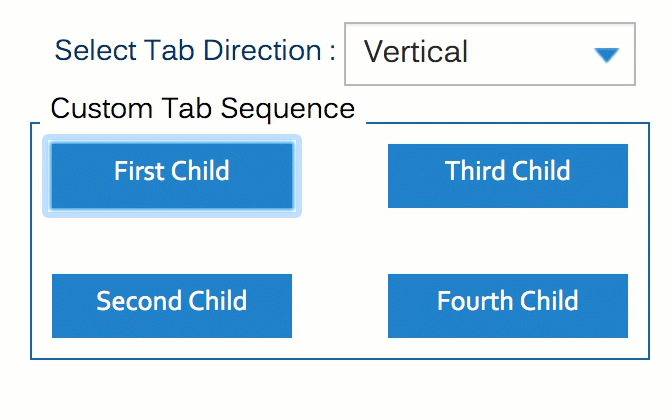
Third party components integrated into SmartClient or SmartGWT applications can now support full keyboard accessibility and cleanly integrate with modal dialogs and other interactivity-blocking UIs. This is made possible by a new API that allows a custom component to get allocated a range of tab positions and receive notifications of being blocked by modal UI.
This is a landmark capability. There is a current trend of creating applications by mixing and matching components from multiple sources, and most developers are unaware that an application created this way faces serious if not intractable issues when it comes to passing accessibility tests that are required to sell software in the public sector. Our platform is the first to offer an approach for integrating external components that actually works for enterprise UIs with multi-level modality, components moving between different containers or being reordered, and other advanced features.
Try the new live samples:
Enhanced automated test APIs for Drawing system
You can now test charts and custom visualizations for correctness via Selenium and other automated testing tools. The DrawPane & DrawItem classes now support a new “scLocator” syntax that allows testing the location and dimensions of various shapes.
Reusable query snippets
The powerful SQL Templating system makes it easy to use your existing SQL skills and SQL queries, instead of spending days trying to coax Hibernate or JPA to generate the SQL you already know how to write.
New in this release, you can register SQL templates so you can reuse them across multiple queries. For example, you may have several operations that form a SQL WHERE clause from inbound criteria in the same way. Your Java code can make the SQL template for that WHERE clause available as $standardWhereClause for use in multiple queries.
For details, see the section “User-defined Snippets” in the Custom Querying overview.
Enhanced gradations control / tic marks
New FacetChart features allow greater control over gradations and add the ability to show tick marks on both axes. Your code can now suggest the possible gaps between gradation lines, yet still have the chart pick the right magnitude for your dataset. For example, by suggesting a gradation gap of 2.5, the chart might choose 25,000 for large data values, or 0.0025 for small values.
Tick marks can now be enabled for both axes, including support for rendering both major and minor ticks, with customizable intervals between major ticks. See docs for:
How to Upgrade
*** Remember: Upgrades to 11.1 | 6.1 are FREE to those who have already purchased 11.0 | 6.0. ***
For those not yet on 11.0 | 6.0, upgrade discounts are available and are based on the date of your last license purchase. View our License FAQs for more details. If you would like to upgrade, please contact us.
Best,
The Isomorphic Team!
SaveSave
SaveSave



